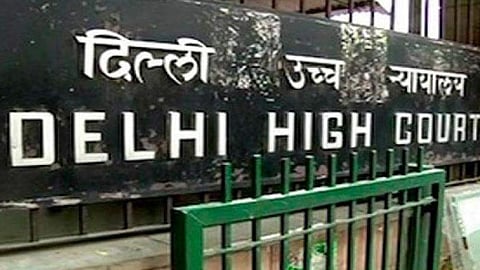

NEW DELHI: The Delhi High Court recently summoned the in-charge of the Karkardooma Courts’ mediation centre for not translating a settlement agreement into a language the complainant could understand.
Justice Chandra Dhari Singh said that while English is the official language for court proceedings, it is the responsibility of the relevant authorities to provide translations when one of the parties is unfamiliar with the language.
The case in question arose from a matrimonial dispute, with the wife having filed an FIR against her husband and his family in 2015 under sections 498A (cruelty to married women), 406 (criminal breach of trust), and 34 (criminal act committed by several people with a common intention) of the Indian Penal Code.
Both parties reached a settlement, leading to a plea for quashing the case.
However, during the court proceedings, the complainant revealed that she had not been informed about the contents of the settlement report, as it was in English, and no translation was provided.
She further claimed that she was unaware of the divorce proceedings and that her signatures were obtained without fully explaining the details, resulting in a divorce decree in favour of her husband.
The court stressed the importance of alternative dispute-resolution mechanisms but noted that these should not undermine citizens’ constitutional rights.
Justice Singh criticised the situation, describing it “alarming” that complainants are often unaware of the details of their settlements, yet mediation centres proceed regardless.
Justice Singh noted that the matter portrays the alarming situation prevailing in the courts of the country where the complainant is oblivious to the contents of the compromise and still the mediation centres proceed with the same.
“..this Court deems it appropriate to direct the in-charge of counselling centre, Karkardooma Court, Delhi to file an affidavit stating therein why the necessary steps were not taken to make the complainant understand the contents of the concerned settlement within two weeks and to be present before this Court on the next date of hearing,” read the order.
The next hearing is scheduled for November 5.